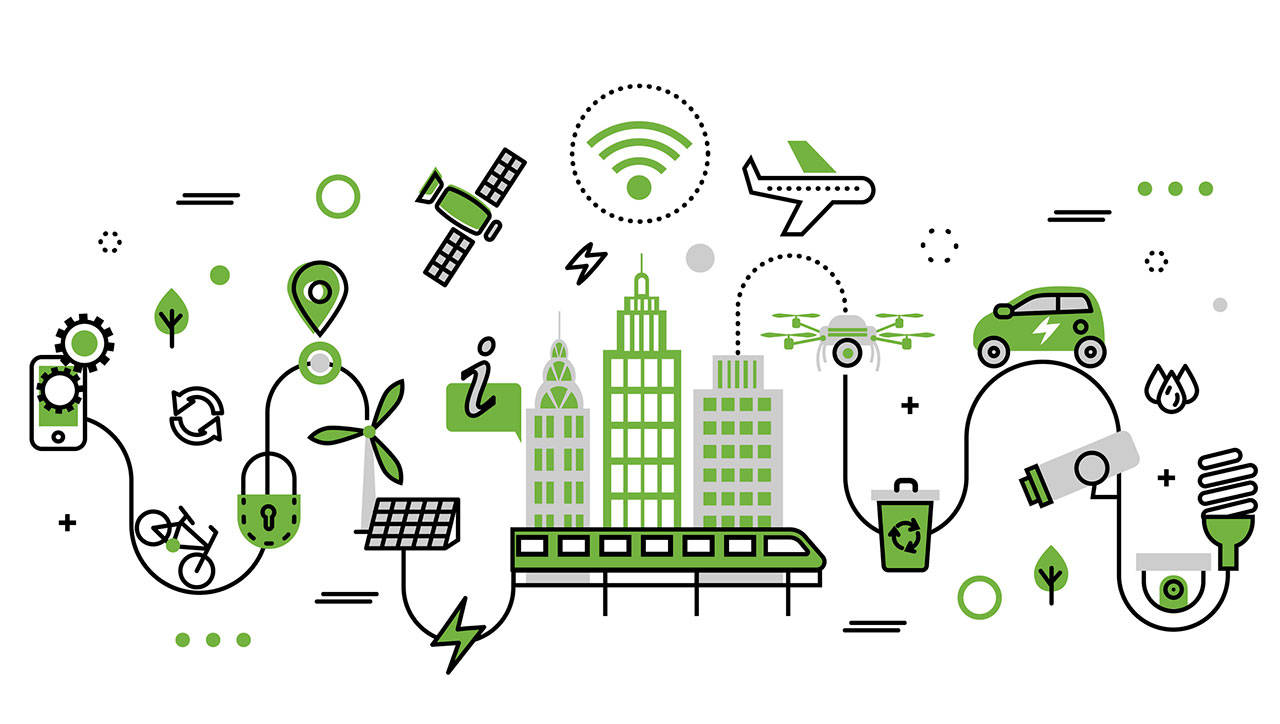By The Herald Editorial Board
Although we’ve yet to read a convincing justification for the “smart” toaster — the most basic of kitchen appliances connected to the “internet of things” — many of us are at least familiar with technology that allows for the use of a phone or a smart speaker to turn off the lights, turn up the heat or for a grandchild to ask Alexa to play, “Baby Shark.”
And we’re all in with the IoT when it comes to checking a phone’s map app for traffic.
But the broader adoption of smart technology has been under-utilized at the municipal level where it could be used to help local governments gather information, deliver services and monitor and respond to problems.
Smart Cities legislation reintroduced last week in Congress by Washington state’s Sen. Maria Cantwell and Rep. Suzan DelBene and New Mexico’s Rep. Ben Ray Lujan, seeks to authorize $220 million each year for five years for smart-city projects in cities across the United States.
“Utilizing smart technologies to our advantage will allow cities to invest in clean infrastructure projects that reduce pollution, create good-paying jobs and expand our middle class,” DelBene, the 1st District Democrat, said in a release.
Along with funding such projects, the legislation would also provide assistance and resources to local governments interested in implementing smart-city technologies, encourage development of a skilled workforce to support the technology and seek to enhance cybersecurity and privacy protections.
Snohomish County’s cities — as they confront issues of growth, transportation and housing but at the same time are presented with opportunities afforded by a healthy economy, a growing base of businesses and educated workers — are in good position to continue the 21st century transformation to smart cities.
Of particular need, and for which the legislation might provide, is the roll-out of broadband internet access lagging in rural and lower-income communities.
There are also opportunities for technologies that improve traffic flow, help residents report problems with city services and infrastructure, use resources more efficiently and save energy.
A look south to Seattle provides other ideas of how that technology might be used by cities. Seattle Mayor Jenny Durkan, with guidance from a new innovation council that includes some of the city’s largest tech employers, has announced several technology projects focused on Seattle’s thornier problems with housing affordability, poverty and disaster preparedness and response, GeekWire reported in April.
Among the programs under development:
The city’s housing authority is working with Zillow to develop an app that would better connect landlords with those seeking affordable housing. The app would be available on Zillow’s website, and the online real estate database has expressed interest in expanding the tool for use in other communities.
Another program would provide similar connections for low-income residents with benefits and resources that can lower the costs of living in the city.
One program would tie into the earthquake early warning system now under development by the U.S. Geological Survey, University of Washington and other West Coast universities, connecting the “last mile” between the alerts and users. Another tool would collect and analyze data from past earthquakes to guide emergency response plans.
Another would centralize the city’s employment and work development opportunities to help youths up to age 24 connect with jobs and training.
With increased connectivity to the internet comes the need for caution about the vulnerability to hackers as well as ample provision for privacy protections. Legislation will be necessary from Congress and the state Legislature that can build public confidence in the security and privacy protections of the data that will be collected and used.
Much of what’s envisioned with smart city technology isn’t a solution in itself, but — like the map app that warns of the traffic accident ahead — can help communities gather and give context to the information to inform the response to problems and use resources and tax dollars efficiently.
Talk to us
> Give us your news tips.
> Send us a letter to the editor.
> More Herald contact information.

























